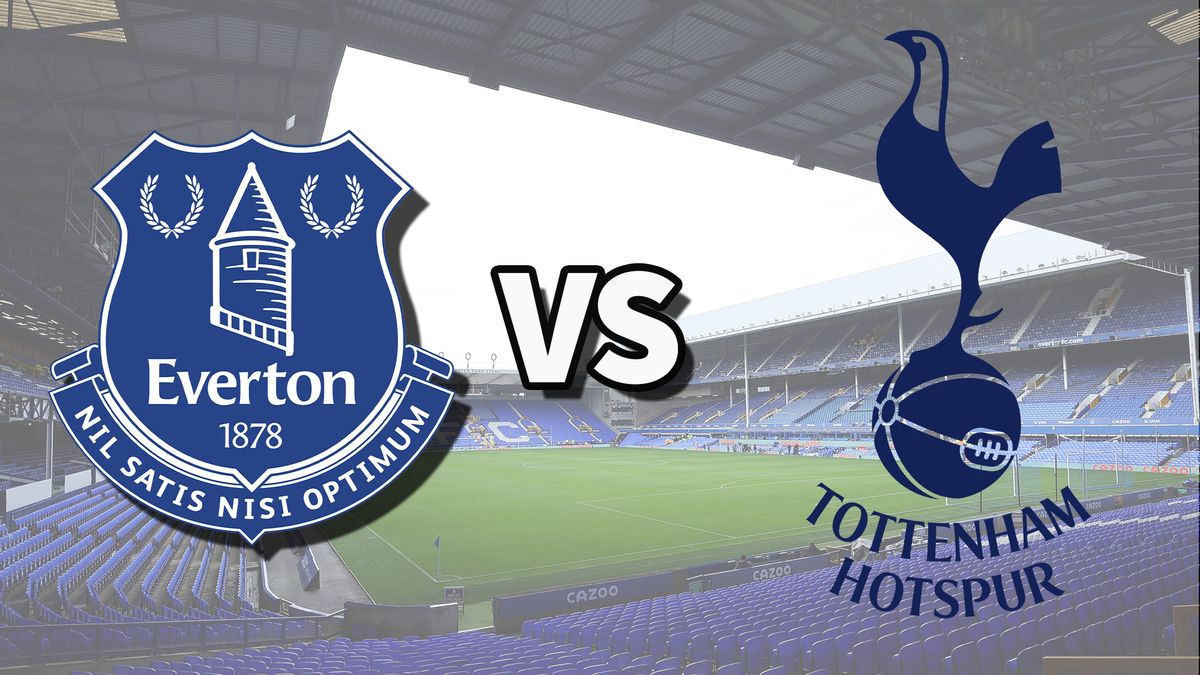
Tottenham's Struggles: A Tactical Analysis of Their Season's Decline
As Tottenham Hotspur trudges through the 2024-25 Premier League season, the air around North London is thick with disappointment. Once seen as contenders for European spots, Spurs have instead found themselves mired in mid-table mediocrity. Their recent outing against West Ham United, which ended in a goalless draw, epitomizes their struggles and raises serious questions about the tactical decisions made by manager Ange Postecoglou.

Tottenham's problems have been multifaceted this season. Currently sitting in the mid-table, their form has diminished sharply, with only five points earned from their last nine league matches, signalling a drastic decline in performance. The decision by Postecoglou to make eight changes for the West Ham match—a clear prioritization of the Europa League—reflects a tactical gamble that has, more often than not, backfired.
Tactical Decisions Under Scrutiny
In the match against West Ham, Tottenham’s approach appeared disjointed. Postecoglou's rotation strategy, aimed at keeping players fresh for European competition, has unfortunately contributed to a lack of cohesion in domestic play. Fans have witnessed their beloved Spurs stutter on the pitch, with key players like Harry Kane often isolated and lacking the necessary support from a beleaguered midfield.
Statistics tell a compelling story of Tottenham’s decline. The team's expected goals (xG) average has plummeted, indicating a significant struggle to create quality chances. This decline is stark when compared to earlier in the season, where they showcased a more potent attacking threat. Currently, they average just 1.2 goals per game, raising alarms about their offensive capabilities.

Defensively, the situation is equally grim. Spurs have conceded 50 goals this season, ranking them among the league’s worst in defensive metrics. The backline's inconsistency—compounded by injuries—has left them vulnerable to opposing attacks. Postecoglou’s renowned tactical flexibility, which had promised much, has not translated into effective game management.
The Impact of Player Management
An analysis of Tottenham's player management reveals a critical gap between intention and execution. With a squad that boasts considerable talent, the failure to leverage this effectively raises pressing questions about Postecoglou's tactical acumen. The team’s inability to adapt during matches, particularly when facing teams like West Ham—who were equally struggling—highlights a lack of strategic depth.
Harry Kane's situation is particularly telling. Once a focal point for the attack, his contributions have waned as the midfield has failed to supply the requisite service. The once fluid attacking play that defined Tottenham’s strategy has been reduced to sporadic moments of brilliance, often punctuated by prolonged periods of ineffective possession.
Upcoming Challenges and Future Prospects
As the season draws to a close, Tottenham faces a pivotal period. The Europa League may offer a glimmer of hope, but the club must reassess its tactical approach in the league if it hopes to return to a competitive standing next season. The upcoming fixtures will be crucial, not only for regaining form but also for restoring confidence among players and fans alike.
Bolstering the squad during the summer transfer window will be imperative. Addressing the defensive frailties and enhancing midfield creativity should be top priorities. Tottenham’s supporters are eager for a turnaround, and significant changes may be necessary to restore the club's competitive edge in the Premier League.
Key Statistics
- Current League Position: Mid-table
- Goals Scored: 45
- Goals Conceded: 50
- Average xG per Game: 1.2
Tottenham's fans cling to the hope that their team can find its footing and finish the season positively. However, the path ahead demands a critical examination of tactics, player performances, and strategic decisions within the club. Only by addressing these issues can Spurs hope to reclaim their status as a serious contender in one of the most competitive leagues in the world.

In summary, this season has been a learning experience for Tottenham Hotspur. As the team reflects on their trials, the focus will need to shift toward a cohesive tactical structure that maximizes their strengths and mitigates weaknesses. The coming months will be crucial for shaping the future of this storied club.